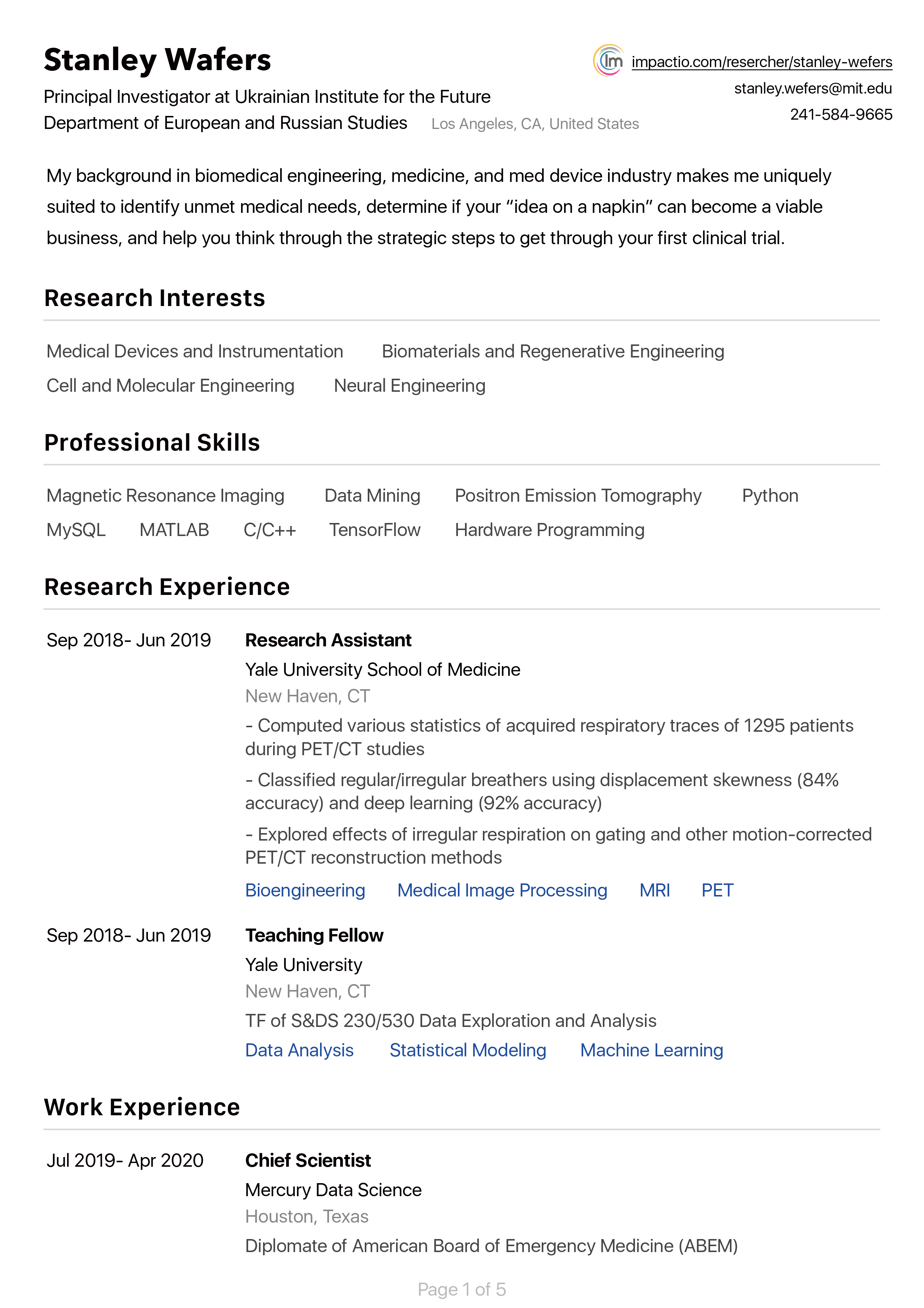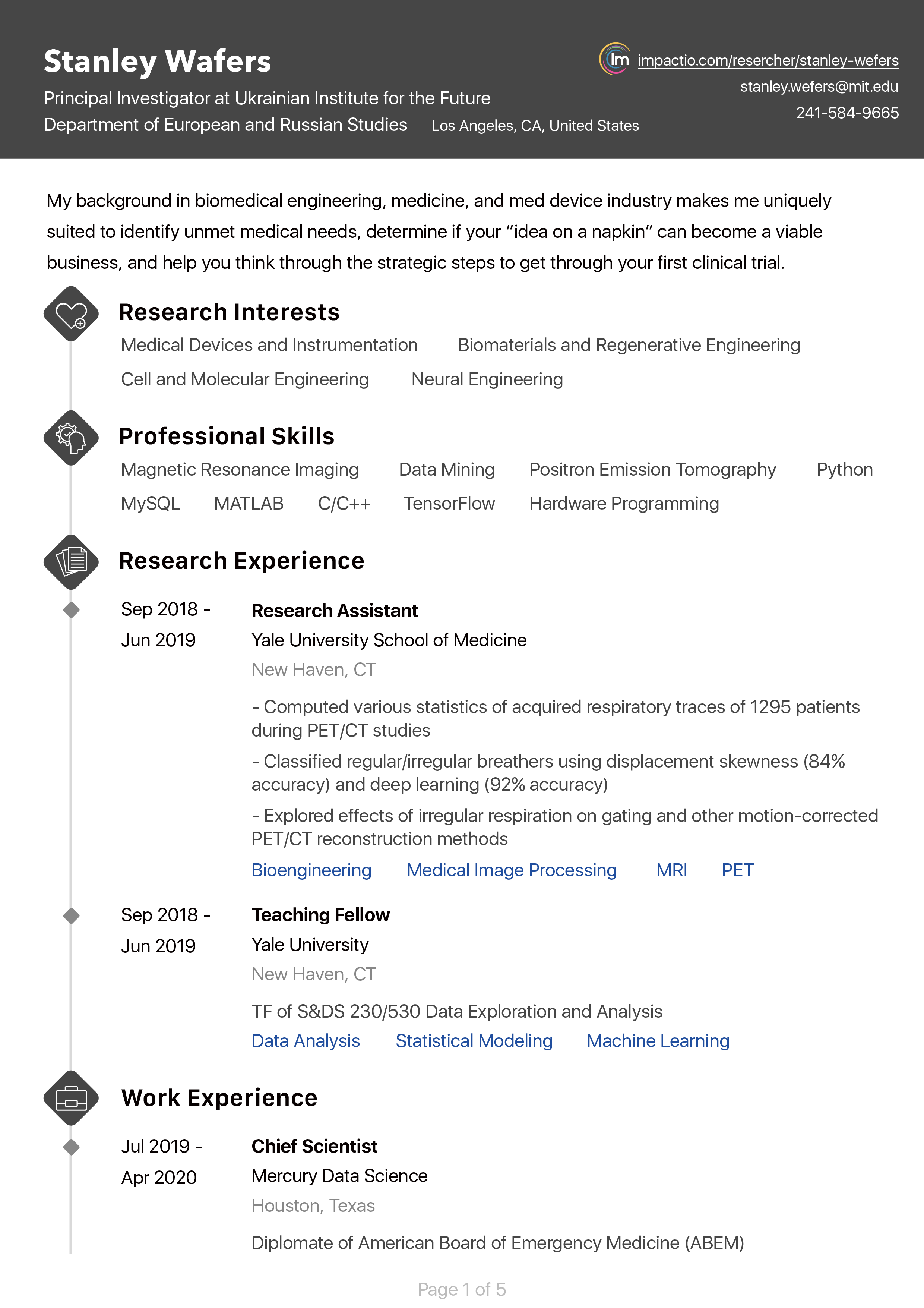Tito N. Habib currently is the head of molecular genetics' Lab., Zoology department, Faculty of Science, Sohag University, from 2015 till 2018, and a professor of Genetics & Molecular Biology. He got his Ph.D. from Texas A& M University, in 1999 as a visiting scholar in the department of Wildlife and Fisheries Science, Bryan-College Station, Texas, USA, in the field of Molecular Genetics. He followed his promotion as an assistant professor of molecular Genetics, Zoology department, Faculty of Science, Sohag University, Egypt, (2007-2011), and Head of Biology Department, Faculty of Science, Balgurashi, Albaha University, KSA (2011-2015). He served as HEEPF project council member (B-035-P1) for the development of Genetics' courses, Faculty of Science, Sohag University, Egypt. He was the main advisor for 2 Ph.D., and 2 Master Thesis in Medical Genetics topics, Faculty of Medicine, Sohag University. He served as a Head of the Egyptian Syndicate of Scientific professions (Sohag-branch) from December 2017 till February 2020. He works as a reviewer for the Journal of Clinical Pathology and Forensic Medicine, Chronicle-Journal of Cancer Science.
The use of CD36 lipoprotein mutations as a marker for detecting the risk factor of Coronary artery diseases.
At one time scientists believed that our DNA carries the key to preventing and reversing disease, but now we know that the environment and not our genes are the primary triggering of health and longevity. The science of epigenetics is explaining what we’ve long thought about our biological destiny upside/ down. Although it remains that our DNA and our genetic code get us the blueprint for our physiological activity, scientists have discovered that there’s something extra controlling our genes. Food and herbs may in fact be the most important evidence in our genetic well-being. The extra “something” controlling our genes is the epigenome (i.e., the cellular material) that sits on top of the genome. While epigenomes do not alter the genetic code, they direct genes to switch on (expressed) or off (not expressed) through a variety of biological mechanisms. This finding means that your genetic heritage is not the primary determinant of your health, disease risk, or longevity.
The genotoxicity of polychlorinated Biphenyls on wildlife and new infants in Northern Indiana great lakes.
The modern approach used to characterize various compounds from animal venoms, using advanced proteomic and genomic tools, has been denominated “venomics”. Venoms from various scorpions have been reported to prevent the propagation of different cell lines such as prostate cancer (DU-145), human leukemia, and neuroblastoma. In the present study, the antitumor effect of scorpion venom was detected in vivo of male rabbits and in vitro of PC-3 cell line using cell cycle profiling analysis, DNA fragmentation assay, and genetic and epigenetic variations by ELISA kits. The results showed that apoptosis was maximum at pre-G1, and cell growth arrest at the G1 phase in group IV. Venom differentially up-regulated gene expression of P53, BAX, BCL-2. DNA showed greater and distinct fragmentation in vivo and in vitro of prostate cancer (PC) than venom treated groups. From the previous result, we have concluded that L. quinquestriatus’ scorpion venom-induced apoptosis and differentially modulated the expression of tumor suppressor genes and concomitantly repressing the expression of oncogenes in vivo of induced male rabbits with PC and in vitro of PC-3cell line.
Abstract
Proteomics Congress 2018: Genes and the Environment: The science of Epigenetics - Tito N Habib- Sohag University, Egypt
Introduction:
Recently, increased interest has been presented in developing diverse strategies to optimize cognitive aging and to modify the onset and course of Alzheimer's dementia “ad”. The interaction of Gene and Environment in modulating cognitive decline is best understood within the framework of Epigenetics. Epigenetics refers to heritable changes in gene expression and remodeling of chromatins and dependent of alterations in the DNA sequence, and comprise of three key components; DNA methylation, histone modifications (acetylation and deacetylation), and non-coding microRNA. Epigenetics targets play a major role in the reprogramming of neural networks and neural repair. Epigenetics can turn genes on and off depending upon the milieu. There is emerging evidence supports the model of dysregulation in epigenomics in age-related cognitive decline and “ad”. A large number of studies have shown that nutrition factors: diets, dietary and herbal supplements, functional foods, are capable of regulating the epigenetic states and targets in reversing abnormal gene activation or silencing.
Objectives:
At the conclusion of this session, the participant should be able to recognize how cognition can be implemented by dietary interventions targeting EPIGENOMICS in aging & Alzheimer dementia “ad”. To evaluate the benefit-to-risk ratio and evidence of clinical cognitive studies of specialized diets, dietary supplements, and functional foods in preventing cognitive decline in aging and in “ad”.. To get insights into the benefits of aerobic exercise and delivered video games in reprogramming gene expression and neural circuits involved in cognitive aging and in developing the course of “ad”. To identify fiscal and systemic issues involved in translating new research findings on brain foods, exercise and re-delivered brain exercise to evidence-based practice in geriatric are to understand how EPIGENOMICS may brighten on the link of nutrition, cognition and “ad”. and has the potential to transform bioactive PHYTOCHEMICALS to promising drugs for treating and preventing “ad”.
Result
Physical Exercises and Delivered Brain Games likewise can change various domains in aging and in “ad” through the epigenetics signature. We checked the translational and clinical evidence in support of the positive effects of dietary phytochemicals from alternate dietary sources; grapes, chocolates, green and black coffee, soya beans and fava beans, curry extract, peanuts, garlic and ginger, spices, and seafood products have a good impact on EPIGENOMICS in facilitating translational and transcriptional events involved in memory, attention and executive functions.
Conclusion
The research from the studies on Dash and Mediterranean diets reinforces the relevance of the epigenetic diet menu, along with the proposed Epigenetics diet for the cognitive aging platform. We Will Also determine the multifaceted results of Herbal Supplements:- Panax Ginseng , and Curcumin From Curry Extract, And Zembrin Extract From south African plant Sceletiumtortuosum. And diet menu in increasing VASCULAR neuronal coupling and to reduce metabolic and vascular risks in aging. Epigenetics targets are also sensitive to environmental stimuli and processing. Hence PHYSICAL EXERCISES and DELIVERED cognitive challenge tasks like puzzles, video games. The evidence is mounting in terms of the putative positive effects in reprogramming neural circuitry for cognition and reactivating NEUROGENESIS in the hippocampus.
Author(s):
Tito N Habib
I spent 26 months @ Texas A& M University, College Station, Texas, USA. as a visiting scholar to get the chance to complete my Dissertation and make a Ph.D. defense after home back at Sohag University in December 1998.









